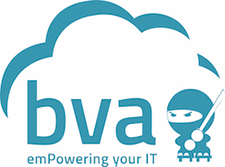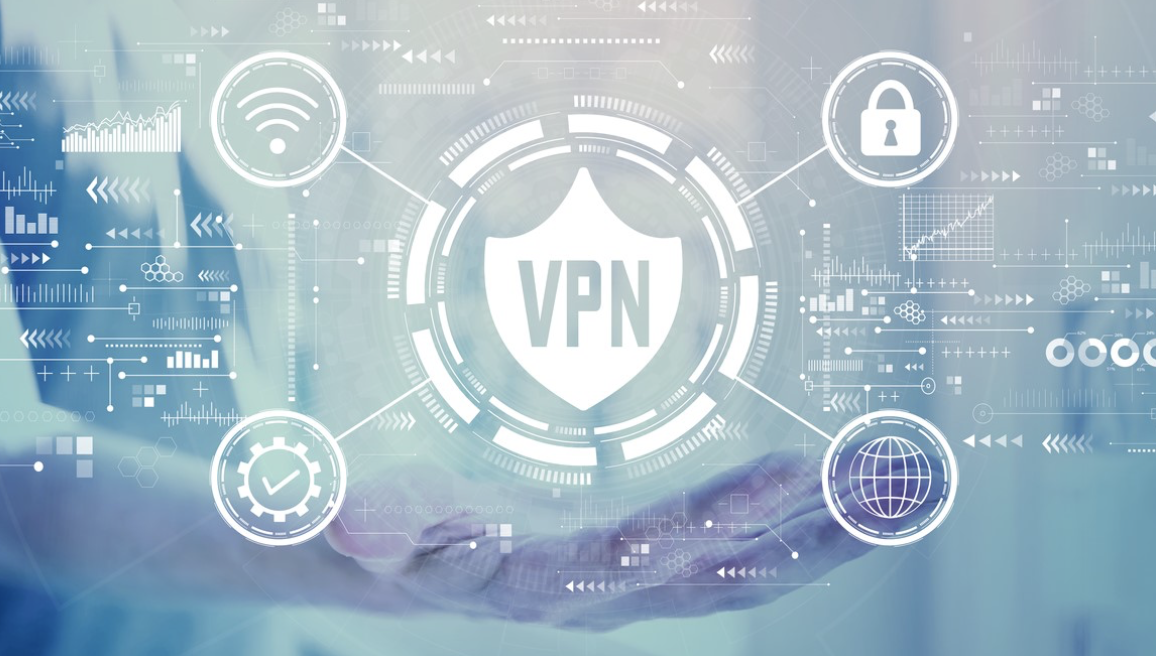What is a VPN and why do you need one? Everything you need to know!
Whether you work from a traditional office, home office, your iPhone, or on the road, a VPN is one of the best ways to protect yourself from data breaches on the internet, especially when using public wi-fi networks. VPN is an acronym for Virtual Private Network, the purpose is to provide you with security and privacy as you communicate over the internet. However, the problem with the internet is that It’s inherently insecure leaving any internet user vulnerable to cyber-crimes. A VPN creates a private tunnel over the open internet between your computing device and the provider’s data center. The idea is that everything you send is encapsulated in this private communications channel and encrypted so even if your packets are intercepted, they can’t be deciphered. VPNs are powerful and important tools to protect yourself and your data, but they have limitations.
When you make a request on the internet it usually results in a whole series of communication events between multiple points. The way a VPN works is by encrypting those packets at the originating point, often hiding the data and the information about your originating IP address. The VPN software on your end then sends those packets to the VPN server at some destination point, decrypting that information. One of the most important issues in understanding the limits of VPNs is understanding where the endpoint of the VPN server resides. There are two main types of VPNs, the first is a corporate or enterprise VPN, and it’s characterized by the same organization controlling both endpoints of the VPN. The second type is a consumer VPN, this is for people who compute in hotels, coffee shops, etc. and connect to web applications like social networks, email, banks, or shopping sites. Consumer VPN services help ensure that those communications are protected through transmission from your location to their location. A consumer VPN service is operated by a completely different company than a corporate VPN.
It is recommended to use a VPN when using someone else’s Wi-Fi network even that of a family member or a friend, because you never know if they’ve been compromised. It’s particularly important if you’re accessing a service that has personally-identifying information or need to hide information. While a VPN does help protect your privacy it is not guaranteed because there are still many ways your privacy can be compromised. It is possible that a VPN can slow down your computer and some service providers can limit data usage. It’s important to be careful about which VPN service you choose, make sure you choose a legitimate company that provide quality service and stay away from free VPNs. If you’re considering a VPN, do thorough research to find which VPN service is right for you.








